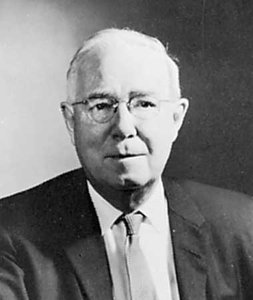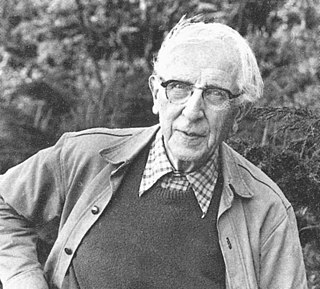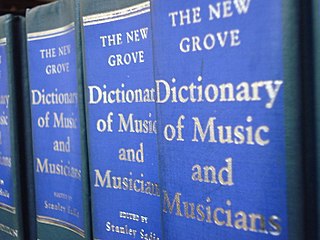Leon Stein (September 18, 1910 in Chicago – May 9, 2002 in Laguna Hills, California) was an American composer and music analyst.

Chicago, officially the City of Chicago, is the most populous city in Illinois, as well as the third most populous city in the United States. With an estimated population of 2,716,450 (2017), it is the most populous city in the Midwest. Chicago is the principal city of the Chicago metropolitan area, often referred to as Chicagoland, and the county seat of Cook County, the second most populous county in the United States. The metropolitan area, at nearly 10 million people, is the third-largest in the United States, and the fourth largest in North America and the third largest metropolitan area in the world by land area.

Laguna Hills is a city in Orange County, California, United States. Its name refers to its proximity to Laguna Canyon and the much older Laguna Beach. Other newer cities nearby—Laguna Niguel and Laguna Woods—are similarly named.
Contents
Stein attended DePaul University, where he achieved his MM in 1935 and his Ph.D. in 1949; he studied under Leo Sowerby, Eric DeLamarter, Frederick Stock, and Hans Lange. He taught at DePaul from 1931 to 1978; he was dean of the School of Music there between 1966 and 1976. Stein was also Director of the Graduate Division at De Paul University of Music. College of Jewish Studies, Chicago. He directed a number of Chicago ensembles, including the City Symphony of Chicago.

DePaul University is a private, Roman Catholic university in Chicago, Illinois. Founded by the Vincentians in 1898, the university takes its name from the 17th-century French priest Saint Vincent de Paul. In 1998, it became the largest Catholic university by enrollment in the United States. In 2018 it was still considered nation's largest Catholic university. Following in the footsteps of its founders, DePaul places special emphasis on recruiting first-generation students and others from disadvantaged backgrounds.

Leo Salkeld Sowerby, American composer and church musician, was the winner of the Pulitzer Prize for music in 1946, and was often called the “Dean of American church music” in the early to mid 20th century.
Eric DeLamarter was an American composer and classical organist.
Stein's compositions were modernist in character; his works for saxophone are his most popular pieces. He also wrote on music, particularly Jewish music. His manuscripts are held in the Richardson Library at DePaul.
He has two sons.




